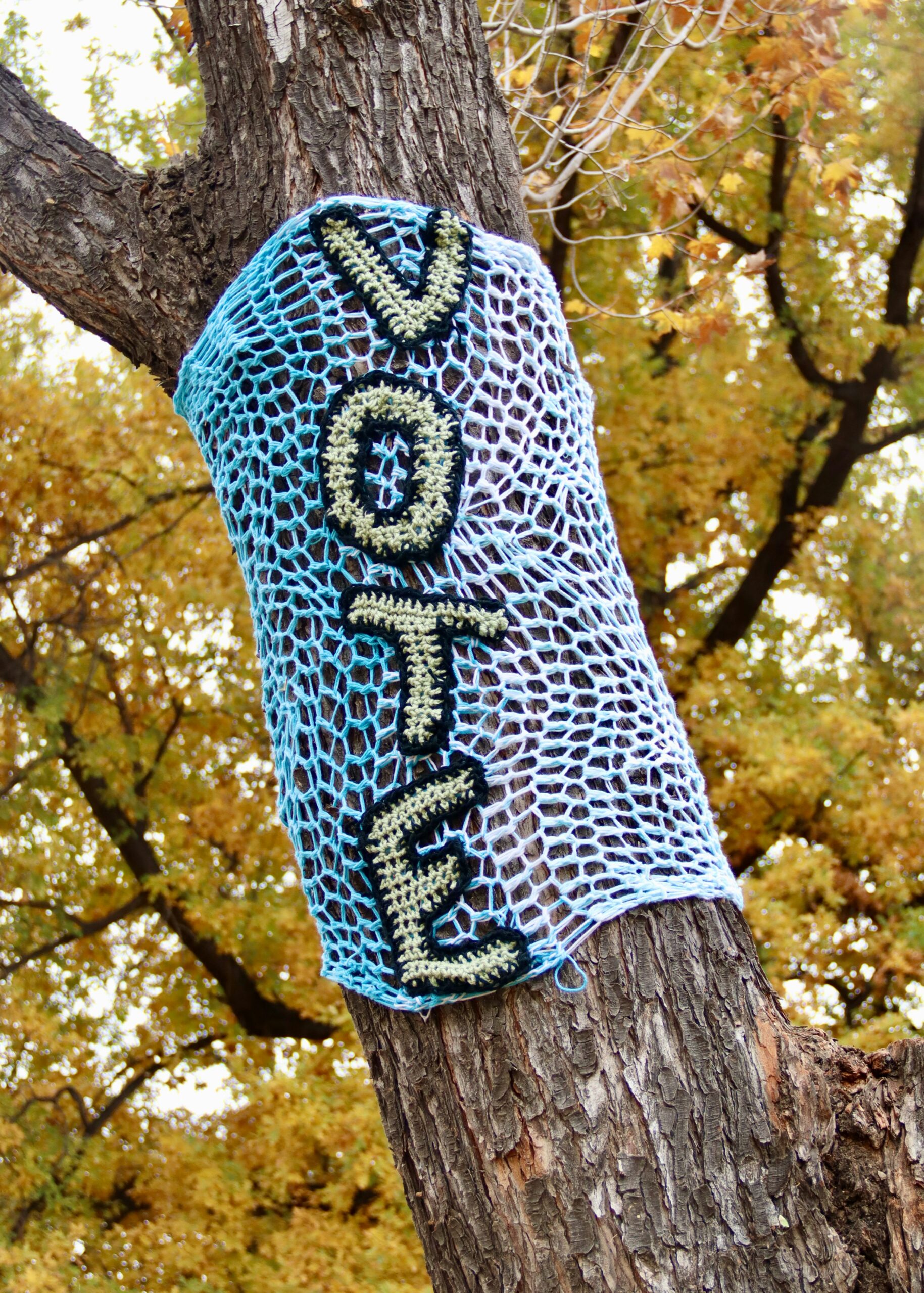
Essay ‘Un-Contest’ on Peaceful Elections
The War Prevention Initiative (WPI) is seeking submissions for an essay “un-contest” on peaceful elections.

Perspectives on Feminist Foreign Policy: Revealing New Narratives, Challenging The Status Quo
Read our summary report of our feminist foreign policy essay “un-contest” where we published 11 essays from emerging thought leaders around the world.

Politics of Violence Puts Us All in Extreme Danger
A nonviolent response is the only way forward The politics of violence is pervasive and corrosive, stretching from the Middle East to the streets of Los Angeles. The reckless and unnecessary military attacks by Israel’s Netanyahu government on Iran, the ongoing genocide in Gaza, the deployment of U.S. National Guard troops and Marines to silence … Read more

Children as Agents of Militarization in the Donbas Region of Ukraine
Children participate in militarization processes through everyday practices at their schools that commemorate military history and sacrifice and celebrate Donbas regional identity, thereby helping to legitimate these proto-republics and their military activities.
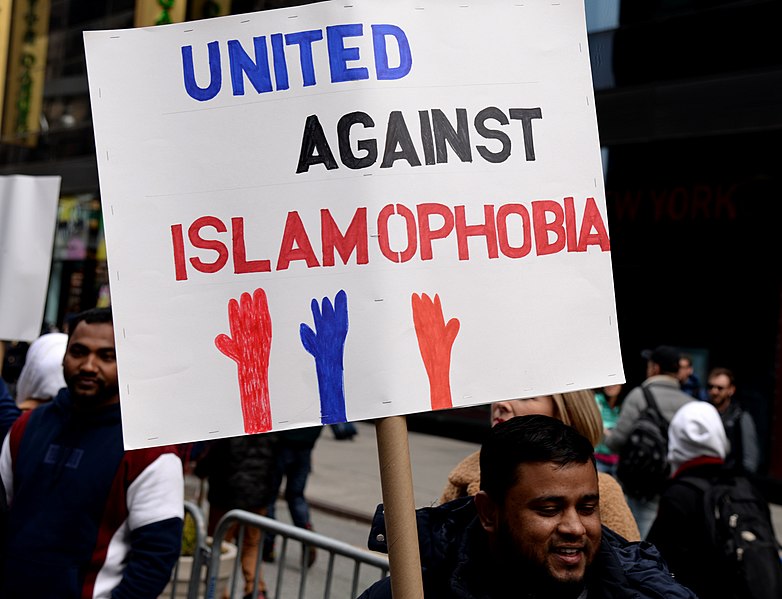
How Counterterrorism Practitioners Discount the Lived Experience of Racial Violence
Academic-practitioner exchanges focused on counterterrorism policy show how whiteness is employed by practitioners to restrict certain types of knowledge about Islamophobia and systemic racism.
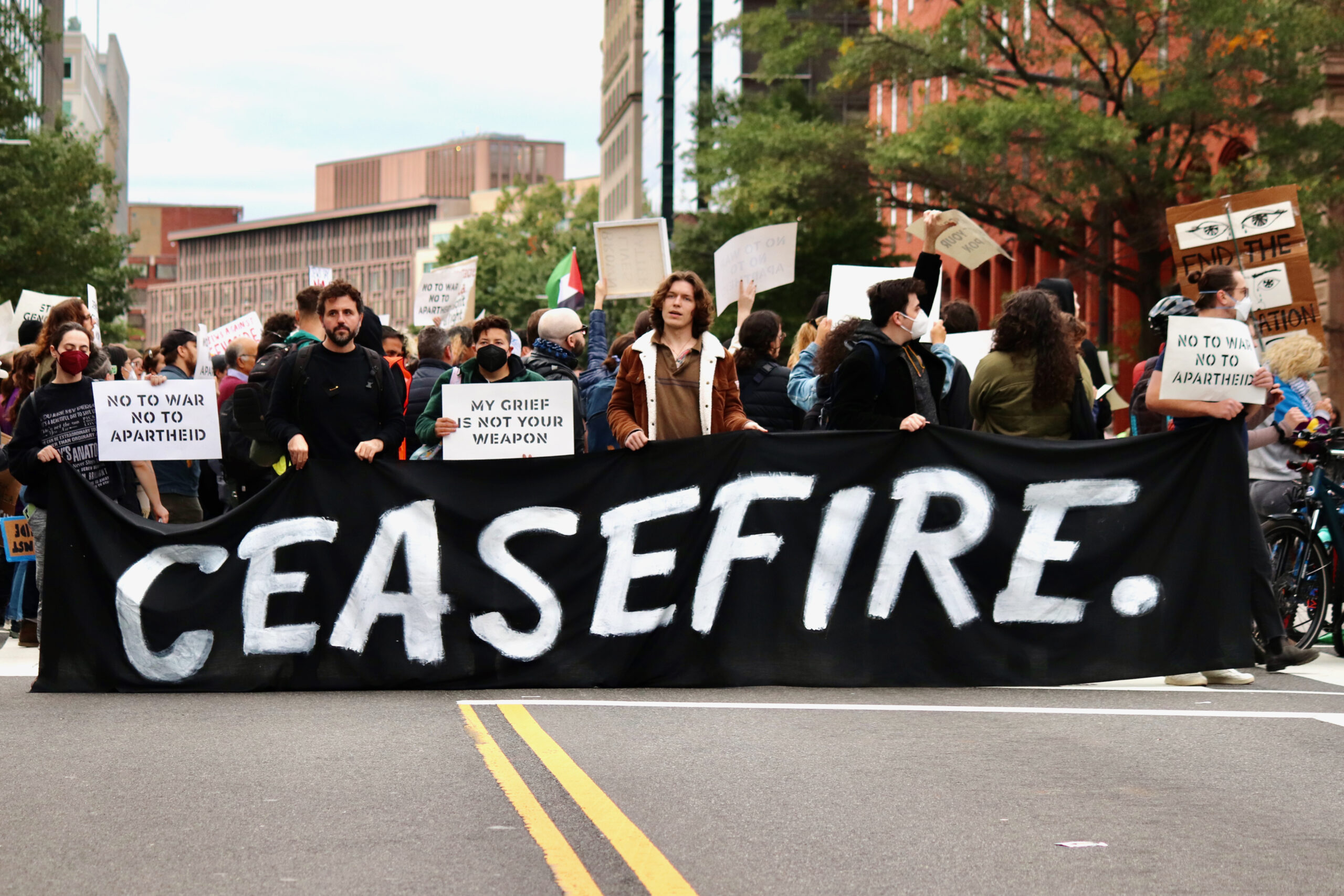
Costs and Considerations for Meaningful Ceasefires
Ceasefires represent strategic deliberations for conflicting parties— when honored, ceasefires reduce violence immediately and create opportunities for meaningful conflict de-escalation and resolution.
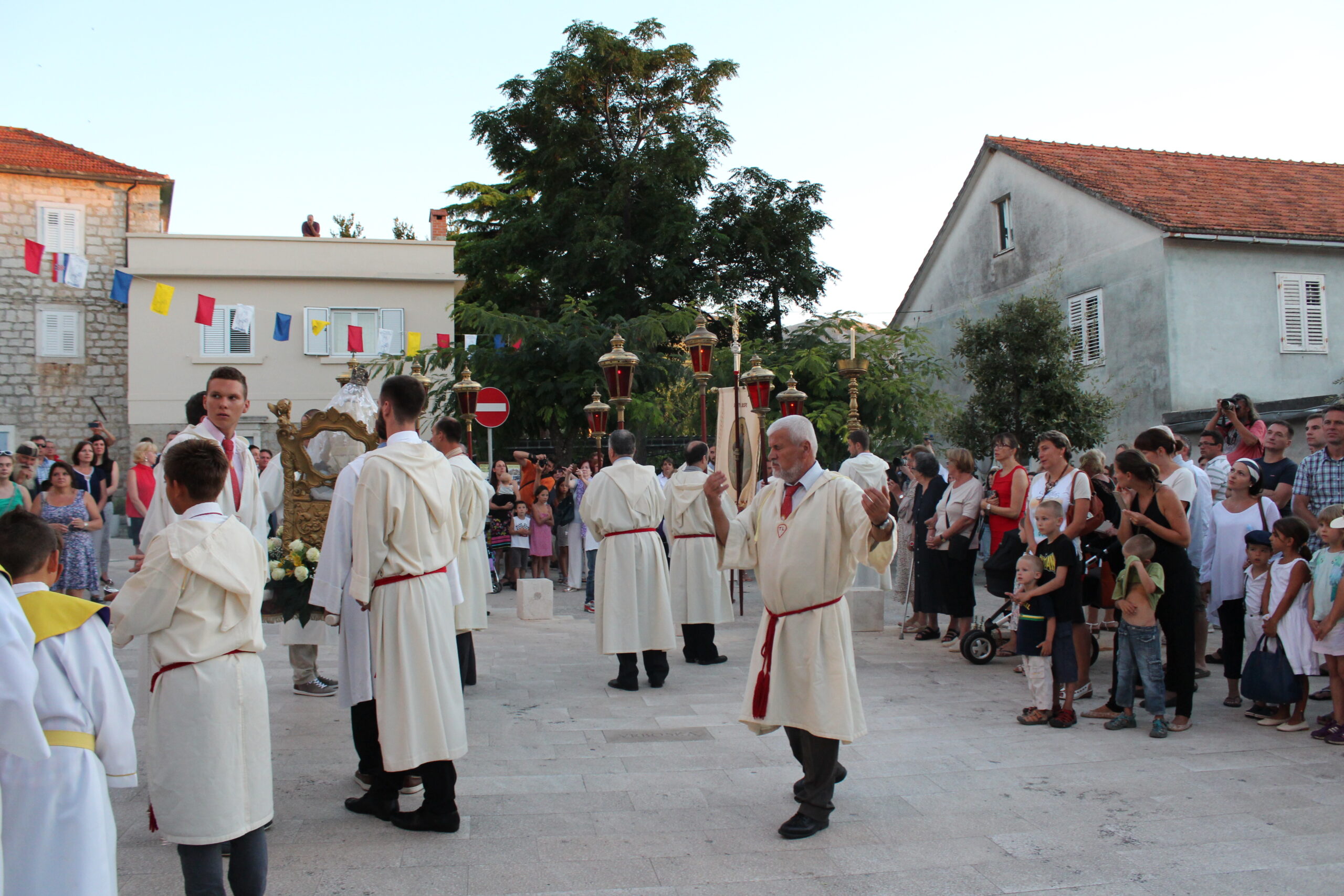
Forgiveness as Acts of Everyday Co-existence
In the context of focus groups with ethnic Croats and Serbs in Croatia, formal apologies and forgiveness might not be necessary to build peaceful, intergroup relationships between ethnic Serbs and Croats, but the “exchange of mutual social gestures showing readiness for contact and moving on with everyday living” are meaningful.

Functional Coexistence to Manage Conflicts in a State of Nonresolution
A decades-long process of conflict intervention reveals that conditions that appear to be unchangeable can change over time, even in conflicts with no resolution in sight and where no mutual recognition exists between parties.
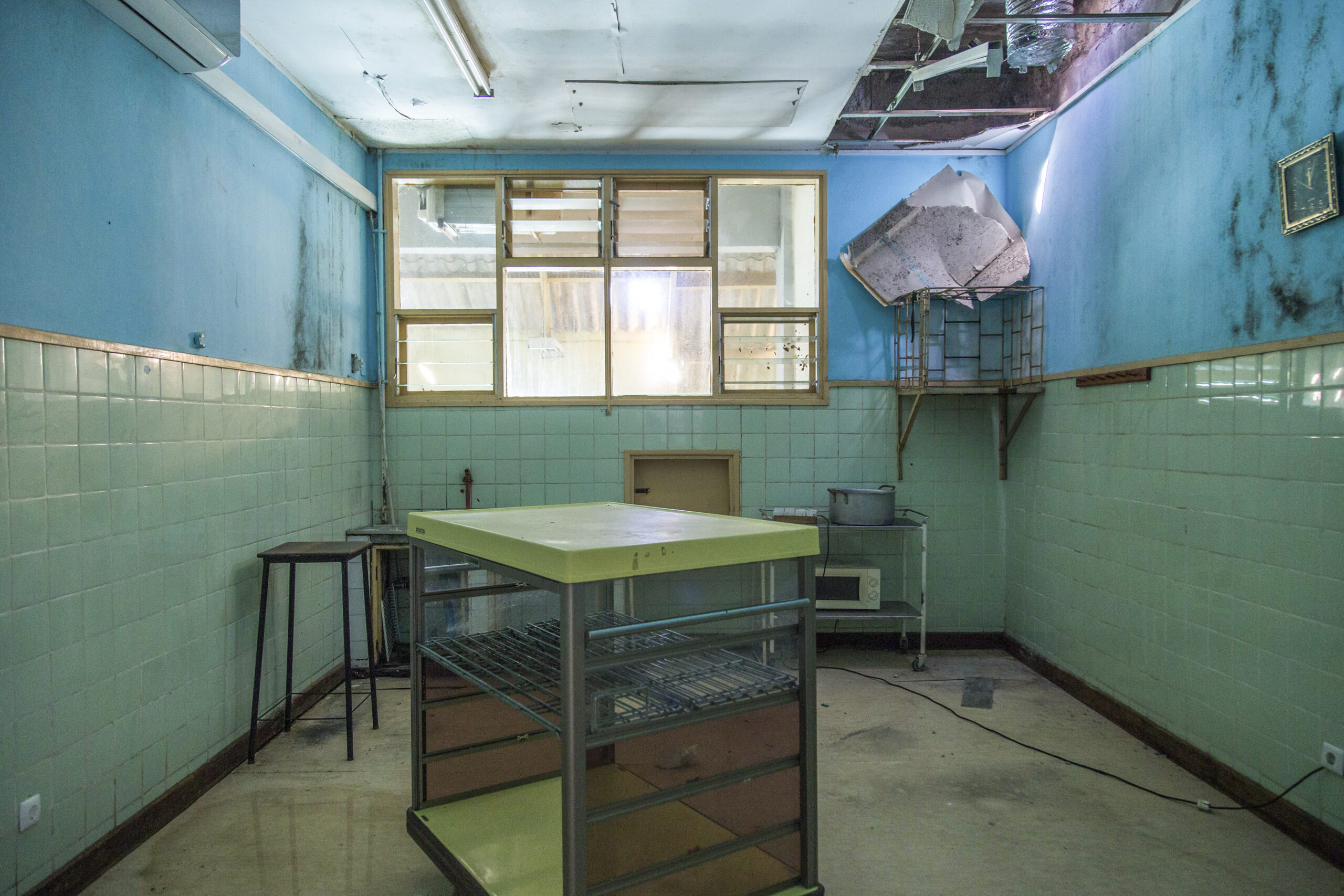
War Results in Adverse Health Outcomes for Children
Across 52 developing countries, children exposed to armed conflict score significantly lower on key measures of childhood health compared to those who are not exposed to armed conflict.
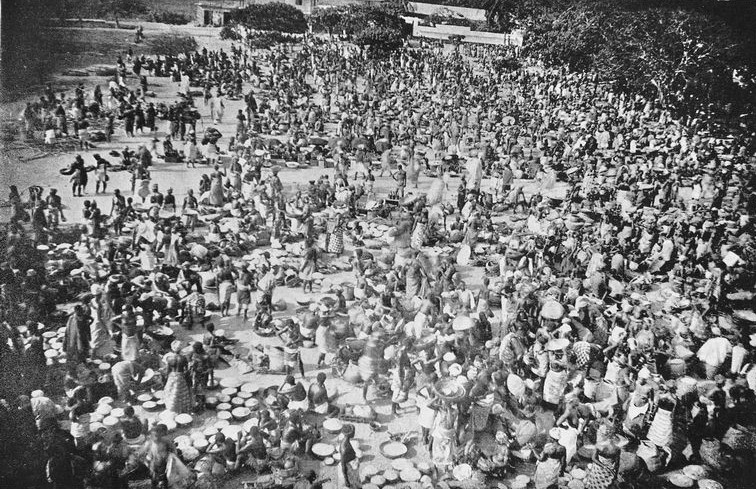
How Women’s Situation Rooms Harness Gender to Prevent Political Violence
In various West African countries, women’s situation rooms (WSRs) monitor election-related violence and more, which enables them to respond to emerging crises.

Local Capacities for Preventing and Rejecting Violent Conflict
The very existence of peaceful societies demonstrates that communities have options and agency even in the broader context of wartime violence.
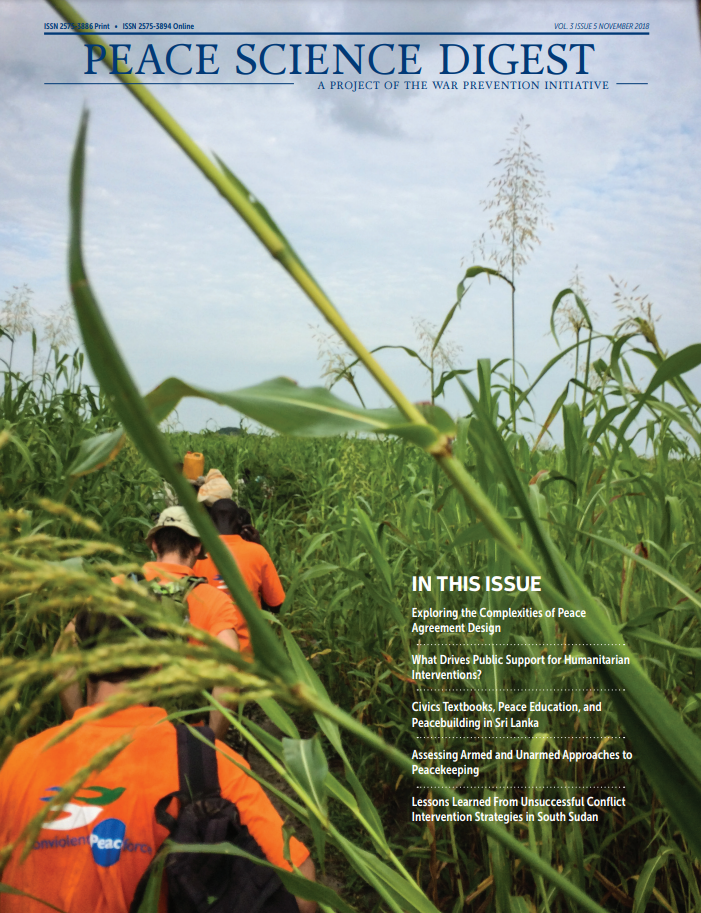
Volume 3, Issue 5
Inside this issue, we examine research analyzing hundreds of civil war peace agreements that concludes that “complex” agreements are not necessarily better at keeping the peace than simpler ones. Next, we take a critical look at research on public support for military interventions and the motivations behind support for interventions conducted for “humanitarian” reasons. Third, through examining civics textbooks in Sri Lanka in the context of global peace education efforts, we consider how specific omissions and emphases in these textbooks have served the government’s goals, while failing to address the injustice and inequality still plaguing post-war Sri Lanka. Next, we discuss research finding that the primary peacekeeping tasks associated with preventing violence and protecting civilians can be effectively undertaken by unarmed peacekeepers, who are, furthermore, often able to address some of the shortcomings of their armed counterparts. Finally, the last analysis reflects on possible reasons for why past attempts at peace in South Sudan have failed, calling for more psycho-sociologically informed conflict interventions in the future.
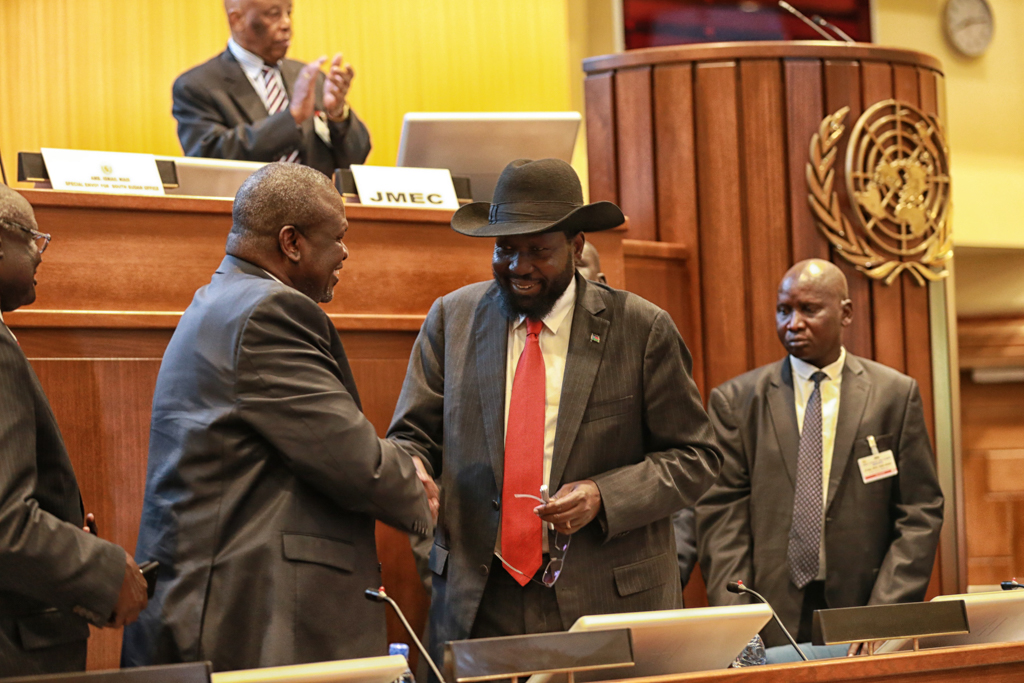
Exploring the Complexities of Peace Agreement Design
More complex peace agreements with a greater number of provisions correspond with a greater probability of failed implementation and of armed conflict recurrence.
